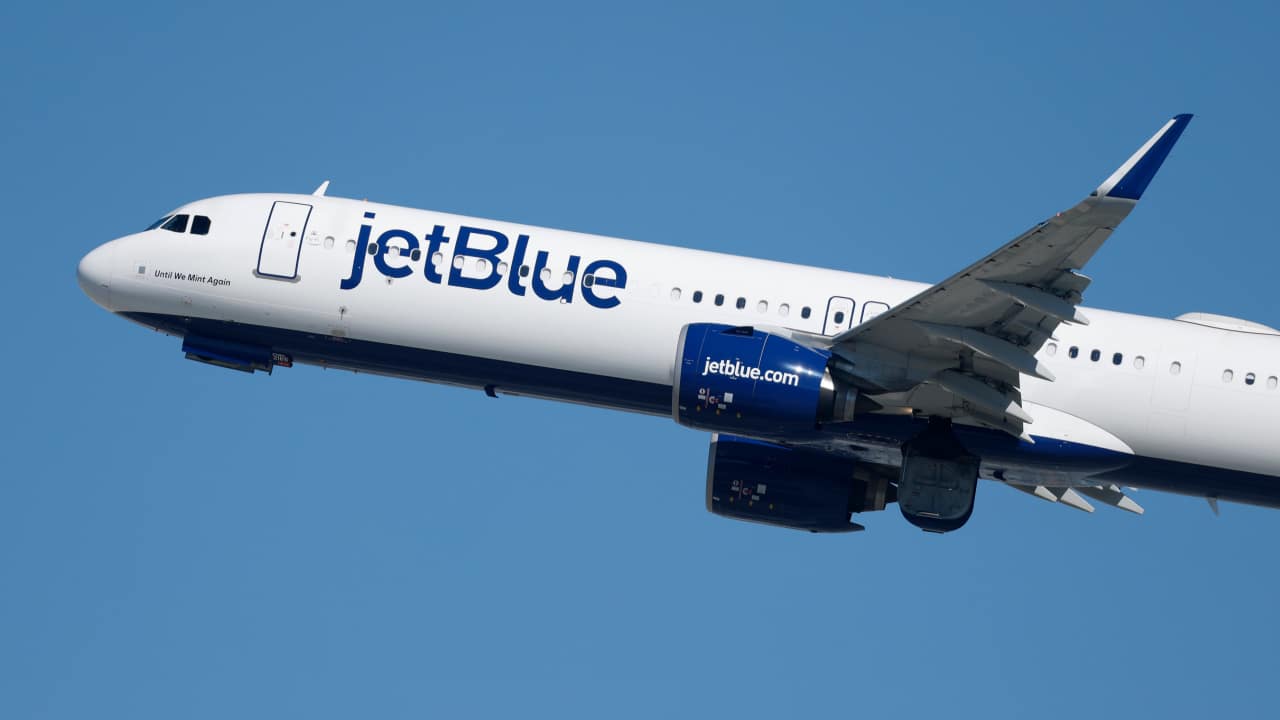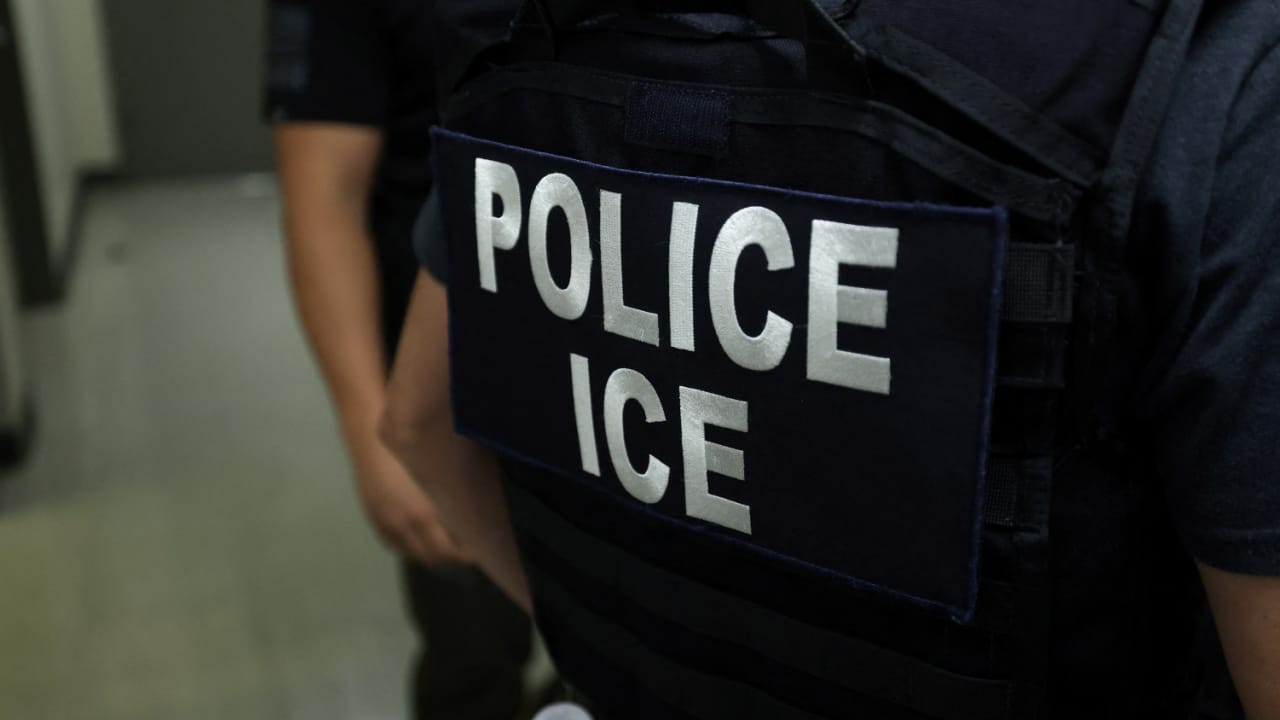What Is the #EndSARS Movement And Why Is It Taking Over Social Media?
Photo: Leon Neal/Getty Images
You’ve probably seen the social media posts while scrolling through Twitter or Instagram. Young Nigerians are calling on the public to take notice of the brutality they are facing at home. They post tweets describing terror and violence at the hands of a brutal and powerful police force. They hashtag their posts with #EndSARS.
For non-Nigerians, the call to action can be confusing. What is SARS? Why is the movement calling to end it suddenly everywhere? And why are Nigerians calling for an end to it in the first place? Below, we’ve broken down the #EndSARS movement so it is easy to understand.
What is SARS?
SARS (which stands for the Special Anti-Robbery Squad) is a section of the Nigerian police department that was made in 1992 to combat armed robbery. The unit was also in charge of dealing with other similar violent crimes, like kidnapping and car theft. Since their inception, the officers have operated outside the law harassing citizens (mostly men) without good reason. Many of them don’t even wear uniforms or nametags.
Why are Nigerians protesting SARS?

Since it’s creation, SARS has become corrupt and has been accused of violating human rights in a myriad of ways. According to The Washington Post, SARS has been responsible for “extrajudicial killings, enforced disappearances, torture, armed extortion and kidnapping.”
The unit’s officers especially target young people with flashy clothes, cars, or expensive devices, like laptops or smart phones. Usually, only way to get out of SARS custody is through a bribe. It is worth noting that Nigeria is a young country–40% of the population comprised of people under thirty.
What started this round of protests?
Although the first use of the #EndSARS hashtag was documented in 2017, the movement took on a new life in early October, 2020. On October 3rd, a video went viral of SARS police officers shooting a young man and driving away in his luxury SUV. It was then that young Nigerians, including popular celebrities, organized protests calling for an end to SARS.
“Nigeria is facing a reckoning, one that is long overdue,” said professor of global affairs and politics Yetunde Omede to CNN. “With a growing youth bulge of under 30 years old, Nigeria can no longer ignore the demands of young people.”
What has been the government response?
Unfortunately, the government initially met the anti-SARS protests with violence. On October 20th, Nigerian soldiers killed at least 10 protestors who were blocking a highway in Nigeria’s capital, Lagos. That same night, Amnesty International reported that the military and the police force killed 38 Nigerians altogether and many more were injured. It was soon dubbed the Lekki Massacre and served as a snapchat of the brutality that protestors faced in the past month. The incident further inflamed young Nigerians.
On October 11th, the Nigerian government announced that they were dissolving SARS. But the dissolution came with caveats. According to the Nigeria Police Force, SARS officers will be “redeployed” to different police units and a new anti-theft police force will soon be “unveiled.”
What changes do Nigerians want?
Many Nigerians (who are already distrustful of the government) were skeptical of this pronouncement. In response, young Nigerians released their “Five Demands” which they believe will adequately address the wrongdoings of SARS.
The demands include asking for the release of arrested protestors, compensation for the victims of police brutality, re-training of former SARS officers before they’re redeployed, and adequate compensation for officers (presumably so they’re not so tempted to demand bribes). As for whether the Nigerian government will heed the demands of Nigeria’s youth, that remains to be seen.




